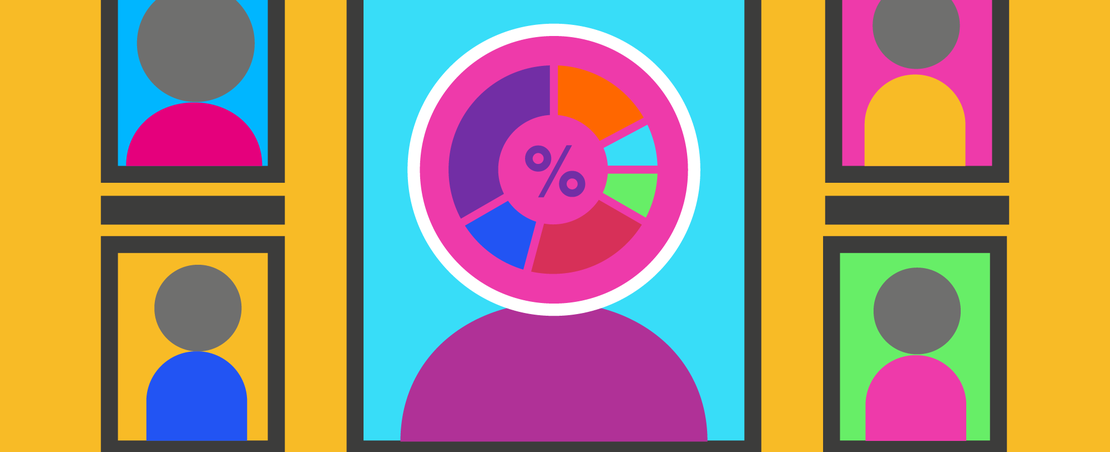
Our CEO Jeni Tennison shares why governments around the world should be openly publishing the data and models that underpin their decision-making around the Covid-19 pandemic, enabling people to understand the decisions, scientists to scrutinise and improve them, and countries to support each other
Governments around the world need to make difficult decisions about how to manage the Covid-19 pandemic. They should openly publish the data and models that underpin those decisions. This would reassure the public that their actions were based on scientific evidence, rather than political expediency. It would also help focus activities by others that would improve government models.
Governments are taking action to avoid the spread of the new coronavirus. In some countries we’ve seen large-scale lockdowns of towns and even apartment buildings. Many have restricted the movements of those arriving from overseas, or banned flights altogether. In others, they have banned mass gatherings or shut down schools, encouraged people to work from home, practice better personal hygiene and avoid shaking hands.
"The models governments are using are more sophisticated than the Washington Post model. They are based on evidence about other epidemics, and data about this one"
Most governments are making these decisions on the advice of epidemiological and behavioural predictions about what will happen with different interventions. You can get a sense of these if you look at the Washington Post’s simple simulation of the spread of a virus through personal contact. It illustrates why viruses can have a resurgence after a lockdown, and the benefits of social distancing. Models can take a range of different forms and sophistication: the 2018 Blackett review of Computational Modelling gives a great framework for understanding them and their use in policymaking.
The models governments are using are more sophisticated than the Washington Post model. They are based on evidence about other epidemics, and data about this one. They might take into account factors like how long after infection people become contagious, when they start showing symptoms, and how long they are contagious after they recover; different levels of social mixing by different people; and people’s compliance with instructions.
"People need to understand why governments are making the decisions they are making"
Governments should be publishing these models, and the data that underpins them, as openly as possible, for three reasons.
First, people need to understand why governments are making the decisions they are making. This is especially the case when those decisions seem to be contrary to common sense or are different to the decisions other governments are making. In these circumstances, governments need to show that their decisions are based on scientific evidence, and the desire to save lives, rather than on political expediency. Models can serve a vital explanatory purpose: the extremely simple graphs we have seen, showing how health services are protected by flattening the curve, are a great example.
"Scientists should be able to scrutinise these models to improve them"
Second, scientists should be able to scrutinise these models to improve them. All models are based on data, assumptions and value judgements about what is important and what isn’t. There are always gaps, either because there is missing data or because something is judged of minor importance. For example, without large-scale testing, there will be a large amount of uncertainty and a lot of assumptions made about current prevalence of the virus in the population. In this collective effort to counter the virus, there may be ways of finding data and evidence that helps improve the models. We can’t know where the gaps are that need filling unless we see the models.
Finally, this is a global pandemic and we should be supporting other countries as well as our own to manage its spread. Sharing models could help other governments around the world, particularly those with lower capacity, to respond more effectively.
"This is a global pandemic and we should be supporting other countries as well as our own to manage its spread"
To really unlock the power of sharing epidemiological models and the data that underpins them, they should be shared in a machine-readable format and under an open licence. Using a machine-readable format would mean that third parties could easily reuse the models to create new visualisations (helping to explain the model to everyone). It would enable scientists to tweak and amend the model, to take into account different factors and make it more robust. It would also enable other governments to create versions that are tailored for their circumstances and societies. Being transparent about the models that governments are using to make decisions would help everyone.